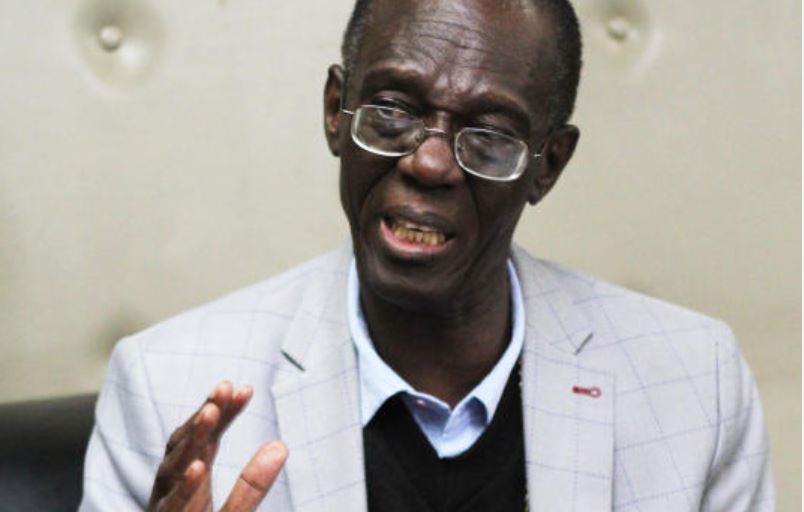×
The Standard e-Paper
Smart Minds Choose Us

Retired Archbishop Eliud Wabukala believes the Ethics and Anti-Corruption Commission (EACC) has over the past few days walked through the valley of death and emerged stronger, his pastoral collar unstained and his crucifix firmly in place.
In an environment that has seen the Director of Public Prosecutor’s office just fall short of calling him and his officers incompetent, Senators and MPs calling for the disbandment of the EACC, he remains defiant that the stars are finally aligning in favour of the agency he heads.